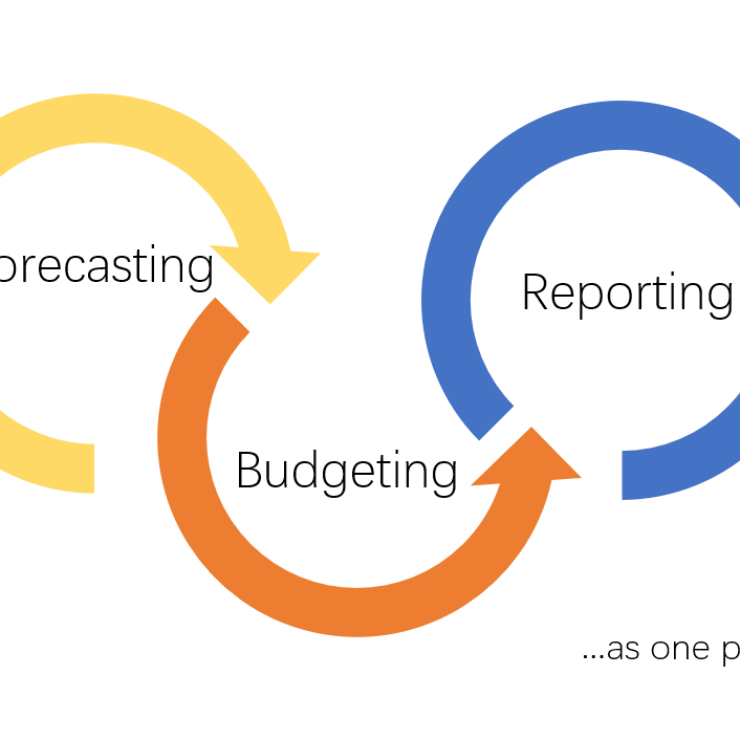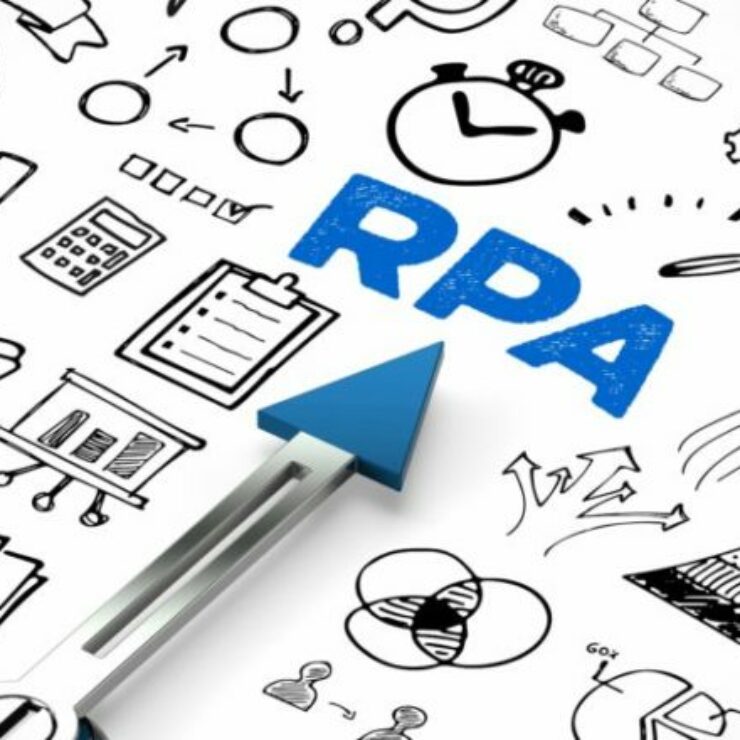Data is the new currency, safeguarding user information has become paramount. The General Data Protection Regulation (GDPR) serves as a comprehensive framework for protecting the privacy and rights of individuals in the European Union. Organizations worldwide, irrespective of their location, must adhere to GDPR standards if they handle the personal data of EU citizens. OpenScope ERP emerges as a robust solution, playing a pivotal role in achieving GDPR compliance and ensuring the utmost security of user data.
Understanding GDPR Compliance
GDPR compliance is not just a legal requirement but also a strategic imperative for businesses operating in a data-centric environment. It mandates strict controls and measures to safeguard personal data, giving individuals greater control over their information. Non-compliance can result in severe penalties, making it imperative for organizations to implement robust data protection mechanisms.
OpenScope ERP: A Shield for User Data
OpenScope ERP, an enterprise resource planning solution, stands out as an invaluable tool in the quest for GDPR compliance. Let’s delve into the features and functionalities that make OpenScope ERP an indispensable ally in protecting user data.
Data Encryption and Security Measures: OpenScope ERP employs advanced encryption techniques to ensure that sensitive user data remains secure throughout its lifecycle. By implementing robust security measures, such as access controls, firewalls, and encryption protocols, OpenScope ERP helps organizations meet GDPR’s stringent requirements for data protection.
Granular Access Controls: One of the key aspects of GDPR compliance is restricting access to personal data. OpenScope ERP offers granular access controls, allowing organizations to define and manage user permissions at a detailed level. This ensures that only authorized personnel can access and process sensitive information, minimizing the risk of unauthorized data exposure.
Data Lifecycle Management: OpenScope ERP facilitates meticulous data lifecycle management, from collection to disposal. This capability aligns with GDPR’s principles of data minimization and storage limitation, ensuring that organizations only process the data necessary for specific purposes and retain it for the required duration.
Auditing and Monitoring Capabilities: GDPR mandates continuous monitoring and auditing of data processing activities. OpenScope ERP provides comprehensive auditing tools that enable organizations to track and monitor user interactions with data. This not only ensures transparency but also aids in identifying and addressing potential security breaches promptly.
User Consent Management: Obtaining and managing user consent is a critical aspect of GDPR compliance. OpenScope ERP offers features for streamlined consent management, allowing organizations to obtain, record, and manage user consents in a transparent manner. This not only fulfills legal requirements but also establishes trust between businesses and their users.
Conclusion
As organizations navigate the complex landscape of data protection and privacy regulations, OpenScope ERP emerges as a powerful ally in achieving GDPR compliance. By incorporating advanced security measures, access controls, and consent management functionalities, OpenScope ERP provides a comprehensive solution for safeguarding user data. In an era where data breaches and privacy concerns are on the rise, investing in OpenScope ERP not only ensures compliance with regulatory standards but also strengthens the overall resilience of an organization’s data management practices. Embracing OpenScope ERP is not just a step towards GDPR compliance; it’s a strategic move in building trust, fostering transparency, and safeguarding the invaluable asset that is user data.




